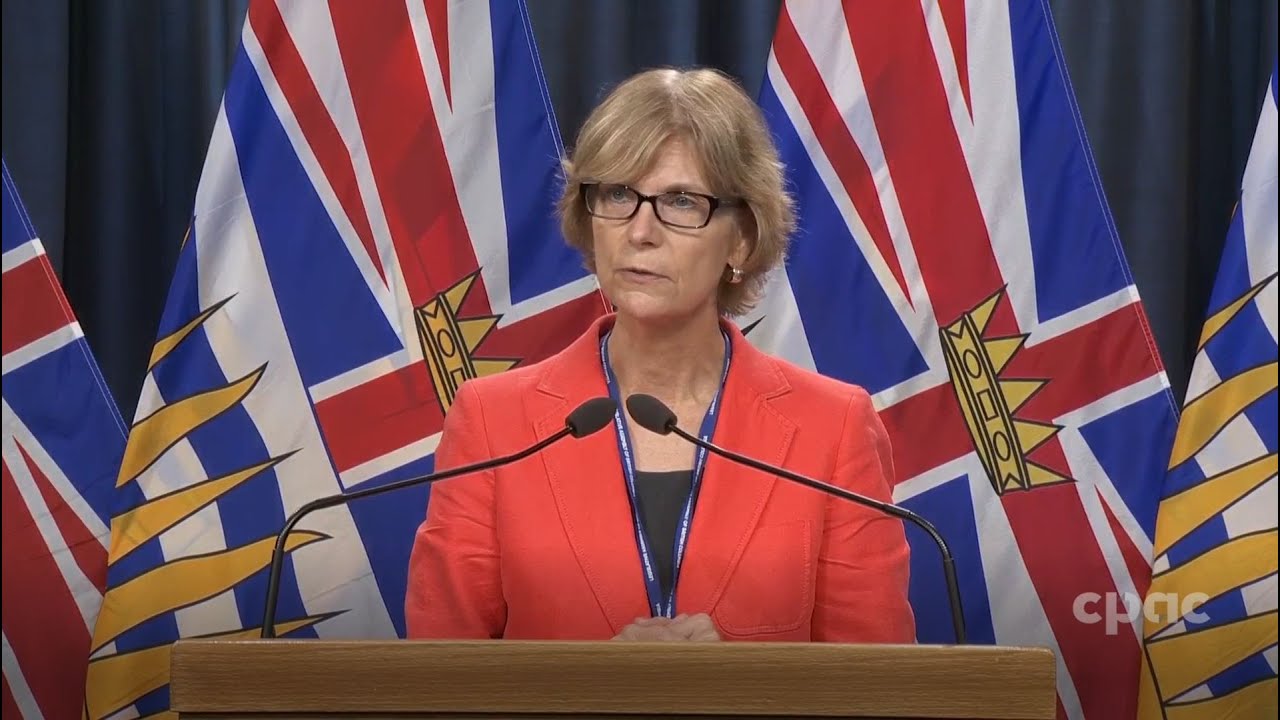(Courtesy The Vancouver Sun – https://vancouversun.com/news/local-news/b-c-ranked-the-worst-among-provinces-for-senior-support-seniors-advocate)
Isobel Mackenzie’s report released Thursday, B.C. Seniors: Falling Further Behind, found that the federal Old Age Security and Canada Pension Plan payments seniors receive have not increased enough to cover rising costs.
VICTORIA — B.C.’s seniors advocate slammed the provincial government Thursday for providing the lowest level of financial support for seniors of any provinces as a report shows people 65 and older are drowning under the weight of rising costs.
Isobel Mackenzie’s report found that federal Old Age Security and Canada Pension Plan payments seniors receive have not increased enough to cover rising costs of groceries, dental care, home care, house repairs and other essentials.
“B.C. seniors are not getting the same level of financial support and services as seniors in other provinces and territories across the country,” Mackenzie said at a news conference in Victoria.
Mackenzie said 45 per cent of the province’s one million seniors live on less than the minimum wage and 25 per cent live on less than $21,000 a year, compared to the $51,170 annual income received by the working-age population. She noted the minimum wage has increased 40 per cent in the last five years but pension incomes have only risen 14 per cent in that period.
Linda, a 71-year-old who lives in a subsidized housing building in South Surrey funded by the Crescent Housing Society, said lower income seniors are being “ignored” by the government.
“When people think of seniors, they think of people who own their own home or who are on some kind of wonderful work pension,” said Linda, who did not want to give her last name because she worried about stigma related to being a low-income senior.
Linda, who lives on $19,000 a year, said B.C. Housing has “failed miserably” when it comes to providing affordable housing for low-income seniors. She said she was lucky to find one-bedroom apartment in the below-market rental building in 2007 when she was two weeks away from becoming homeless after losing her rental accommodation.
Seniors on fixed incomes “don’t have a sense of hope and self sufficiency,” she said. “You choose between food or some of these other things. It’s really dire out there.”
The report compared B.C. with other provinces and territories based on funding for nine services for seniors, including services related to home support, eye exams, eye glasses, dental care, hearing aids, monthly income supplements, home repairs, home adaptation and affordable rental programs.
B.C. only provides two of those services, the worst outcome in Canada. Even those two services faced criticism from Mackenzie.
The B.C. Seniors Supplement, a $99-a-month payment to the lowest income seniors, is the fourth lowest in the country. Her top recommendation is that the payment be indexed to inflation.
The province’s rental supplement, the Housing Shelter Aid for Elderly Renters, or SAFER, is failing in its goal of ensuring seniors spend only 30 per cent of their income on rent, Mackenzie said. For example, low-income senior renters paying the average rent for a one-bedroom in Vancouver will spend over 60 per cent of their income on housing. Just over 20 per cent of the province’s seniors are renters.
She urged the province to overhaul the program to better keep up with yearly rent increases.
The province through B.C. Housing also has a subsidized housing program for seniors but the waiting list is nearly three years long with some waiting as long as five years, Mackenzie said. She recommended that the province increase the number of subsidized housing units for seniors, especially in rural B.C.
The report also found that most seniors do not have a private benefits plan and, as a result, pay out of pocket for the cost of dental care, hearing aids, eyeglasses, walkers, wheelchairs, and any other essential medical equipment not funded by the government.
For those who live in their homes, many are on the hook for costs that should be borne by the province, Mackenzie said, such as funding home support workers who provide daily or weekly check-ins. For example, seniors with an annual income of $28,000 will be charged $8,800 a year for a 45-minute daily home support visit.
Mackenzie acknowledged that the 10 recommendations in her report will cost more money. However, she said if seniors can’t afford to live in their own homes because of rising costs, this could push more seniors into long-term care prematurely which increases costs for the health-care system.
Marie-Noël Campbell, executive director of Seniors First B.C., a Vancouver-based seniors advocacy non-profit, agreed with Mackenzie’s assessment that the situation is worsening.
“More and more people every day are facing eviction, they’re not able to pay their bills,” Campbell said. Adding to that stress, she said, is that when seniors apply for some benefits such as the Canada Emergency Response Benefit during the pandemic, other benefits are clawed back.
Murray Rankin, the minister responsible for housing, said in a statement that limited rental supply and rapidly rising rents across B.C. “have created an environment where the amount of the supplement covers a smaller portion of the total rent than in the past.”
As a result, Rankin said B.C. Housing is “currently reviewing the SAFER program, and recommendations on how we can better support seniors with housing costs are expected in the coming months.”
Poverty Reduction Minister Nicholas Simons wasn’t available for comment but his ministry said in a statement that the NDP government doubled the senior’s supplement last year, the first increase to the supplement since it was introduced in 1987. The ministry said the eligibility for the supplement was expanded to an additional 20,000 seniors.

